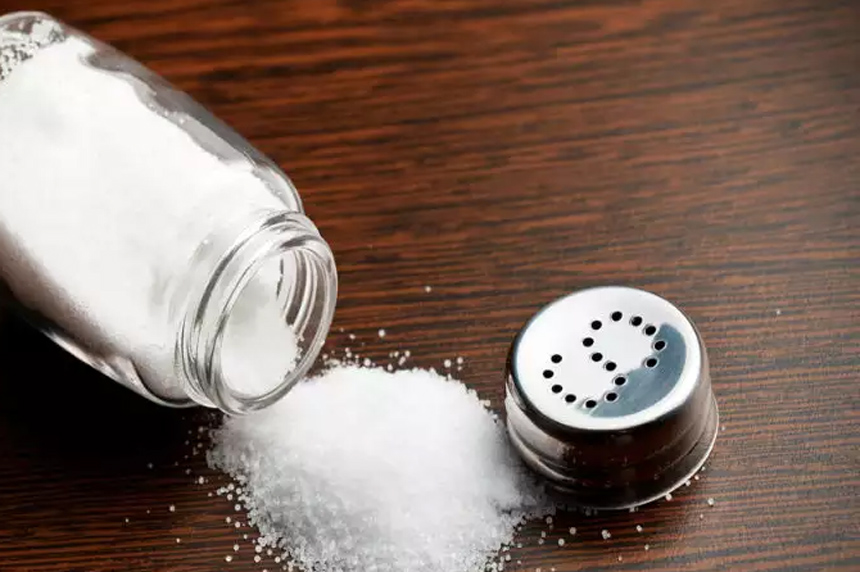Table Salt

Table salt, a common additive in many dishes, is a significant source of sodium, which can increase calcium levels in the urine, leading to kidney stone formation. Avoiding added salt in home-cooked meals and being mindful of the sodium content in processed foods are essential steps in prevention. Restaurants, both fast food and otherwise, often include high sodium levels in their dishes, so requesting meals with no added salt can be beneficial.
Its ubiquitous presence makes it challenging to avoid, but the effort is worthwhile to reduce kidney stone risk. Reading labels to monitor sodium intake and choosing low-sodium options when available can make a significant difference in managing your overall sodium consumption.
Beets

Beets are a nutritious vegetable known for their vibrant color and health benefits, including high fiber content and vitamins. However, they are also rich in oxalates, which can contribute to kidney stone formation. For individuals at risk, consuming beets in moderation or alongside calcium-rich foods to bind oxalates during digestion can help minimize potential problems.
The health benefits of beets, such as improved blood flow and increased exercise performance, make them a valuable addition to the diet. Still, awareness of their oxalate content is crucial for those prone to kidney stones. Balancing their nutritional benefits with potential risks can help individuals enjoy beets without increasing their kidney stone risk. [3]





